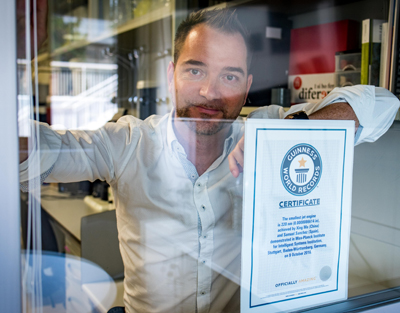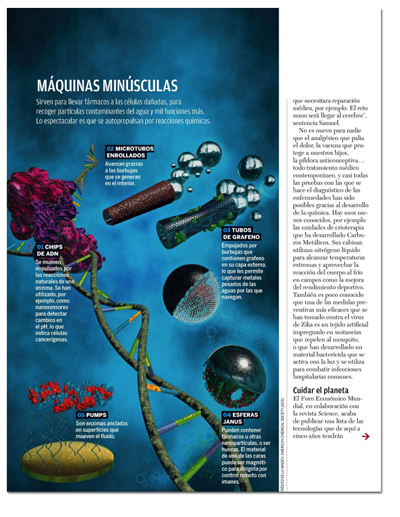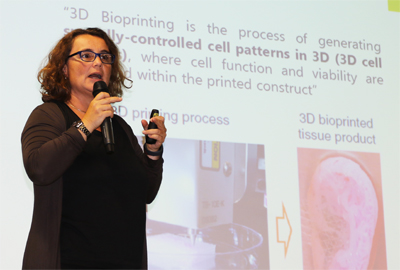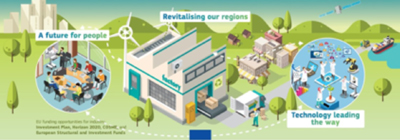PhD position in Nanoscale bioelectrical characterization

Application Deadline: 18/10/2017 17:00H
Ref: PD-GG
The Nanoscale Biolectrical Characteritzation group at the Institute for Bioengineering of Catalonia (IBEC) and the Nanostructure of Biomembranes group from the University of Barcelona (UB) is looking for a PhD position funded through the call “Ayudas para contratos predoctorales para la formación de doctores 2017″ (Ref. TEC2016-79156-P), from the Spanish Ministry of Economy and Competitivity (MINECO).


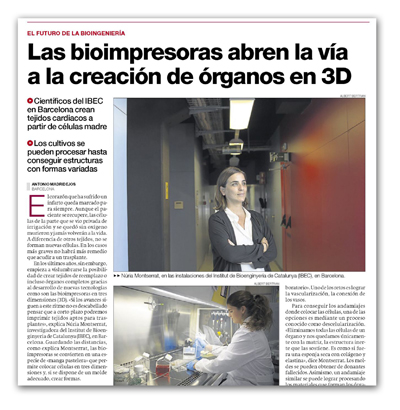
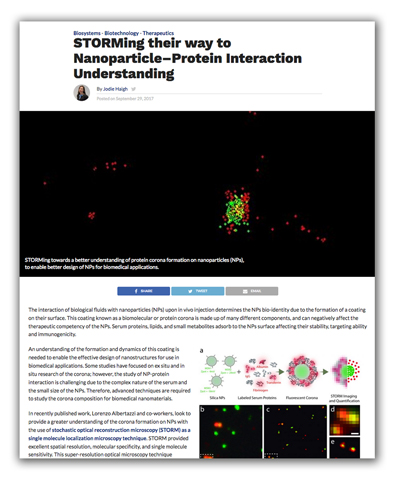
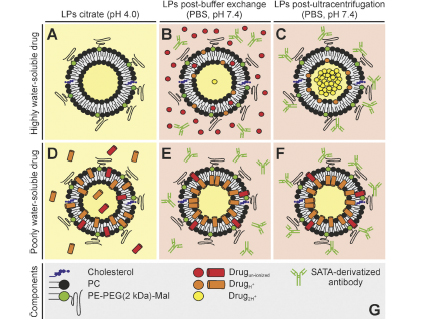
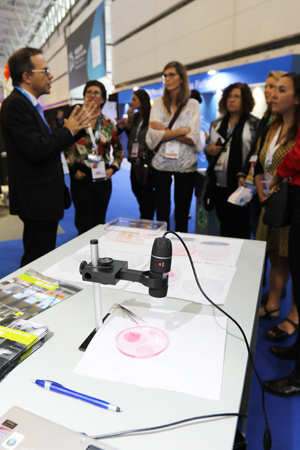
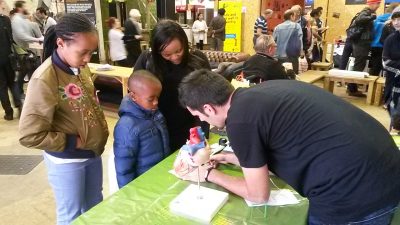
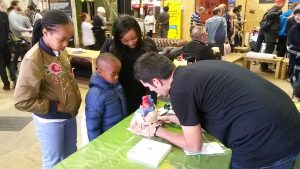 Yesterday and today IBEC has been exhibiting at the Coventry Life Festival in the UK, a celebration of active ageing which is taking place in the university town not far from Birmingham.
Yesterday and today IBEC has been exhibiting at the Coventry Life Festival in the UK, a celebration of active ageing which is taking place in the university town not far from Birmingham.